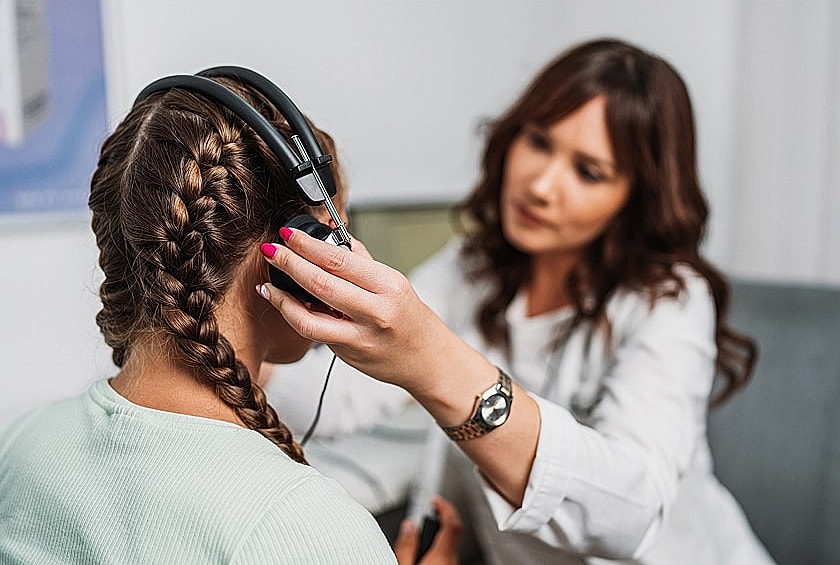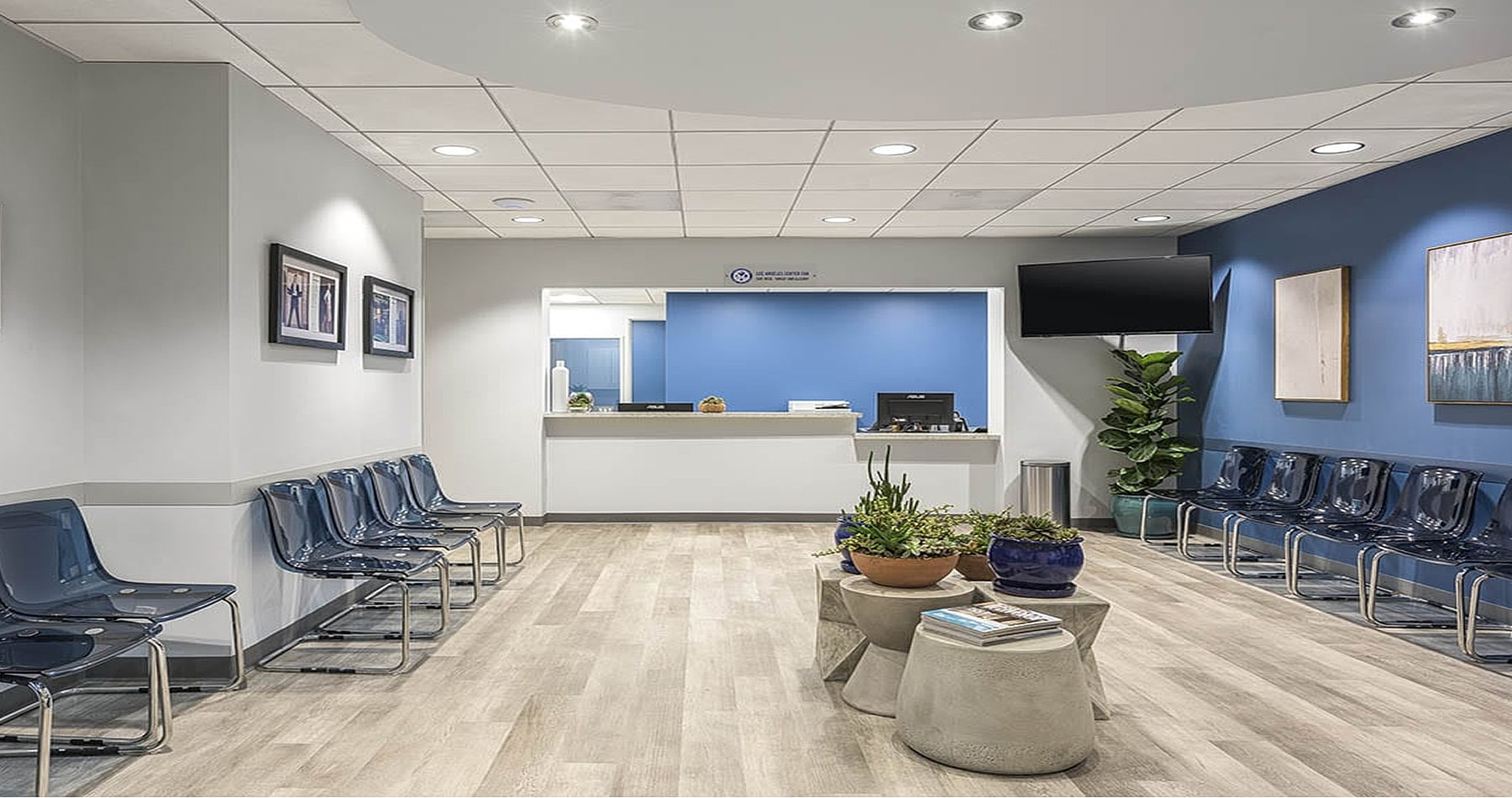Explore our minimally invasive snoring solutions designed to restore restful sleep. Our expert team assesses your condition, targeting the root cause to enhance airflow and reduce nighttime disturbances.

















Snoring isn’t just disruptive— it can interfere with quality sleep, affect relationships, and may signal a more serious condition, such as obstructive sleep apnea. If it’s starting to take a toll on your health or daily life, surgery could offer lasting relief.
At SoCal ENT in Palm Springs, we provide minimally invasive surgical solutions for snoring that are designed to restore quiet, restful sleep. Our Palmdale Snoring Surgery specialists assess the underlying cause of your snoring and recommend targeted treatment options to improve airflow and reduce nighttime disruption.





Snoring happens when airflow is restricted as it moves through the upper airway, causing the surrounding tissues to vibrate. While occasional snoring is normal, loud or frequent snoring can signal an underlying problem, especially if it disrupts your sleep or your partner’s.
Common Reasons for Snoring:
If conservative treatments like lifestyle changes, CPAP machines, or oral appliances haven’t helped, surgery may offer long-term relief and a better night’s sleep.
At SoCal ENT, we offer a range of targeted snoring procedures designed to enhance airflow, minimize tissue vibration, and clear blocked nasal or throat passages, promoting quieter and more restful breathing.




What It Is: A minimally invasive treatment that stabilizes the soft palate to reduce snoring.
Best For: Mild to moderate snoring caused by soft palate vibrations.
How It Works: Small implants are placed in the soft palate to add structure and limit tissue movement.
Recovery Time: Most return to daily activities within 24–48 hours.

What It Is: Surgical removal of the tonsils to increase space in the upper airway.
Best For: Individuals whose snoring or sleep issues are linked to enlarged tonsils.
How It Works: The tonsils are removed using traditional or energy-assisted surgical techniques.
Recovery Time: Most patients recover within 1 to 2 weeks.

What It Is: A minimally invasive procedure that targets excess soft tissue in the throat.
Best For: Snorers with bulky soft palate tissue or uvula contributing to airway blockage.
How It Works: Low-level radiofrequency waves gently shrink soft tissue to improve airflow.
Recovery Time: Typically 7 to 10 days.

What It Is: A treatment that tightens and firms the soft palate to reduce snoring vibrations.
Best For: Individuals with snoring caused by a soft or floppy palate.
How It Works: Radiofrequency energy is applied to stiffen the soft palate and reduce collapse.
Recovery Time: Recovery usually lasts a few days to one week.
Snoring surgery may be right for you if your symptoms persist despite non-surgical treatments. You might be a good candidate if you:
If snoring is interfering with your sleep or daily life, a full evaluation at SoCal ENT in Palmdale can help you explore the best path forward.

As swelling decreases and your airway opens, most patients notice a marked improvement in snoring—both in volume and frequency. With less nighttime disruption, you and your partner can finally enjoy more restful, uninterrupted sleep.
Clearer nasal and throat airflow often leads to feeling more rested and alert in the mornings. Depending on the procedure, recovery timelines vary; however, many Palmdale Snoring Surgery patients begin to notice results within a few weeks.
Improved sleep doesn’t just boost your energy; it can enhance your mood, focus, and overall quality of life. Treating chronic snoring is a long-term investment in better health—for both you and those who share your nights.
Struggling with snoring that leads to fatigue or ties to sleep apnea? If other treatments haven't worked, surgery might offer a lasting solution.
Loud snoring, choking sounds, or feeling sleepy during the day may signal obstructive sleep apnea (OSA), which requires a doctor's evaluation.
Pillar implants and radiofrequency treatments offer a gentle approach to tackling snoring. These minimally invasive options promise a swift recovery, making it easier to return to your daily routine.
Insurance coverage varies based on the severity of your condition and its connection to sleep apnea. Our Palmdale Snoring Surgery team is here to assist in verifying your benefits.
Improvements are typically noticed within a few weeks as swelling decreases and breathing becomes easier.